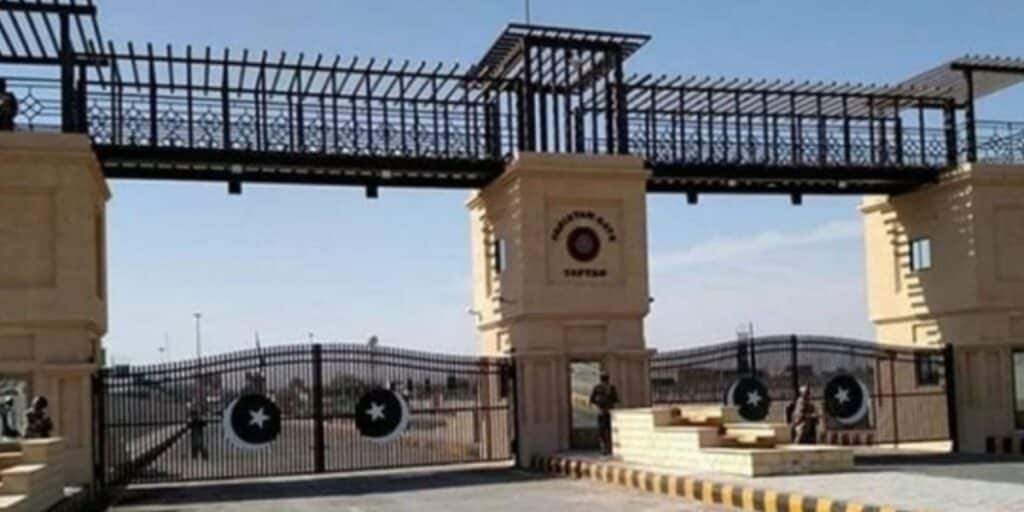Taftan: The repatriation of Pakistani nationals from the Taftan border continues. According to sources, four more passenger buses carrying 160 individuals have returned to Pakistan via the Taftan crossing.
The returnees include students, traders, and drivers. Additionally, another 150 Pakistani students are expected to arrive later this evening.
Due to the current situation, the government has imposed a temporary ban on travel from Pakistan to Iran and Iraq for pilgrimage purposes.
It is worth mentioning that the entry points at the Pak-Iran border near Turbat and Panjgur were closed yesterday
Citizens have been urged to cooperate with local authorities in this regard. However, the Taftan border remains fully operational for the return of Pakistani pilgrims.
The Taftan border, located in Pakistan’s Balochistan province, serves as a crucial land crossing point between Pakistan and Iran, specifically connecting with the Iranian town of Mirjaveh.
It holds significant strategic, economic, and cultural importance for both countries, functioning not only as a route for cross-border trade but also as a key transit point for pilgrims, students, workers, and transporters.
Taftan is especially active during religious seasons when thousands of Pakistani pilgrims travel to Iran, Iraq, and Syria to visit holy sites.
Despite recent security concerns and health-related restrictions, the border continues to remain a primary route for these religious journeys.
Pakistani authorities, in coordination with Iranian counterparts, manage the safe repatriation of citizens through designated quarantine and screening measures when necessary.
The border also facilitates the return of Pakistani nationals—including students, workers, and truck drivers—who may be stranded abroad during emergencies or due to policy shifts, as seen during health crises or diplomatic tensions.
In recent times, especially in light of evolving regional dynamics, the government has restricted outbound pilgrimages temporarily while maintaining the inbound flow of returning citizens.
This has helped manage public health concerns without completely halting humanitarian access.
The Taftan border is a vital hub for bilateral trade, particularly involving goods such as petroleum products, construction materials, food items, textiles, and agricultural produce.
Cross-border trucking is a regular activity, with both countries benefiting from import-export operations managed under customs supervision. Several border markets operate in the region under formal agreements to support local economies on both sides.
Pakistan and Iran have also engaged in talks to expand formal trade mechanisms and improve border infrastructure, including customs clearance facilities, quarantine checks, and trade terminals.
ALSO READ: Pakistani students stranded in Iran leave for Taftan
However, challenges such as smuggling, security concerns, and periodic closures due to political developments continue to affect the full potential of the trade route.





